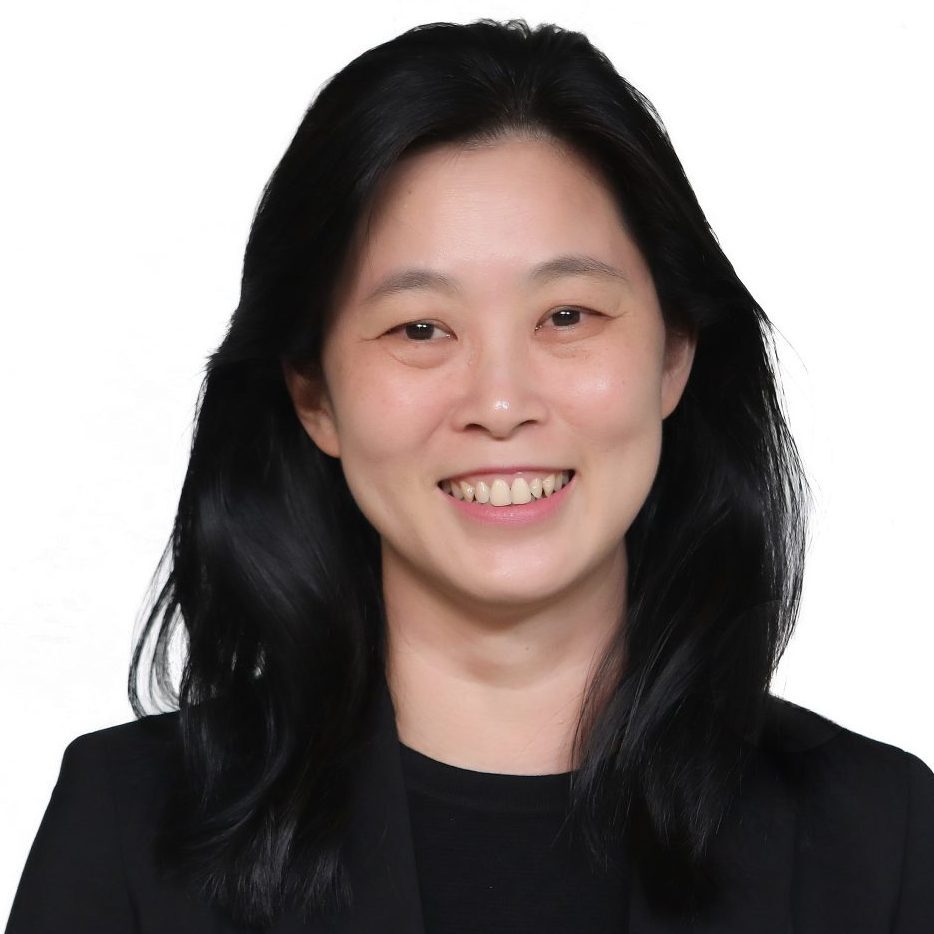SSR Conference 2022: Post-Pandemic Challenges and Planning for Social Services

Video Recording
Registration Fees (Registration has closed)
1st 100 only
Register by 13 March 2022, Sunday, 11:59PM (GMT +8:00)
Download programme booklet here
Read news articles on our event here
- [The Straits Times] Close to half a million in Singapore benefited from Covid-19 financial support schemes
- [The Straits Times] Seniors had better mental health than younger adults during circuit breaker: Study
- [Lianhe Zaobao] Sun Xueling: The social service sector needs to keep up with social needs as the country moves towards living with the virus
- [Berita Harian] Nearly 500,000 residents benefited from the Covid-19 financial assistance schemes
- [Print articles] SSR Conference 2022: Post-Pandemic Challenges and Planning for Social Services
- [NUS News] Building stronger families and communities in the post-pandemic world
Guest of Honour: Ms Sun Xueling, Minister of State (MSF, MOE)

Ms Sun Xueling was elected a Member of Parliament in September 2015. She currently holds the position of Minister of State in the Ministry of Social and Family Development and the Ministry of Education. Ms Sun also serves as a Board Member of the Chinese Development Assistance Council.
Keynote Speaker: Dr Gerard Ee, Chairman (AIC)
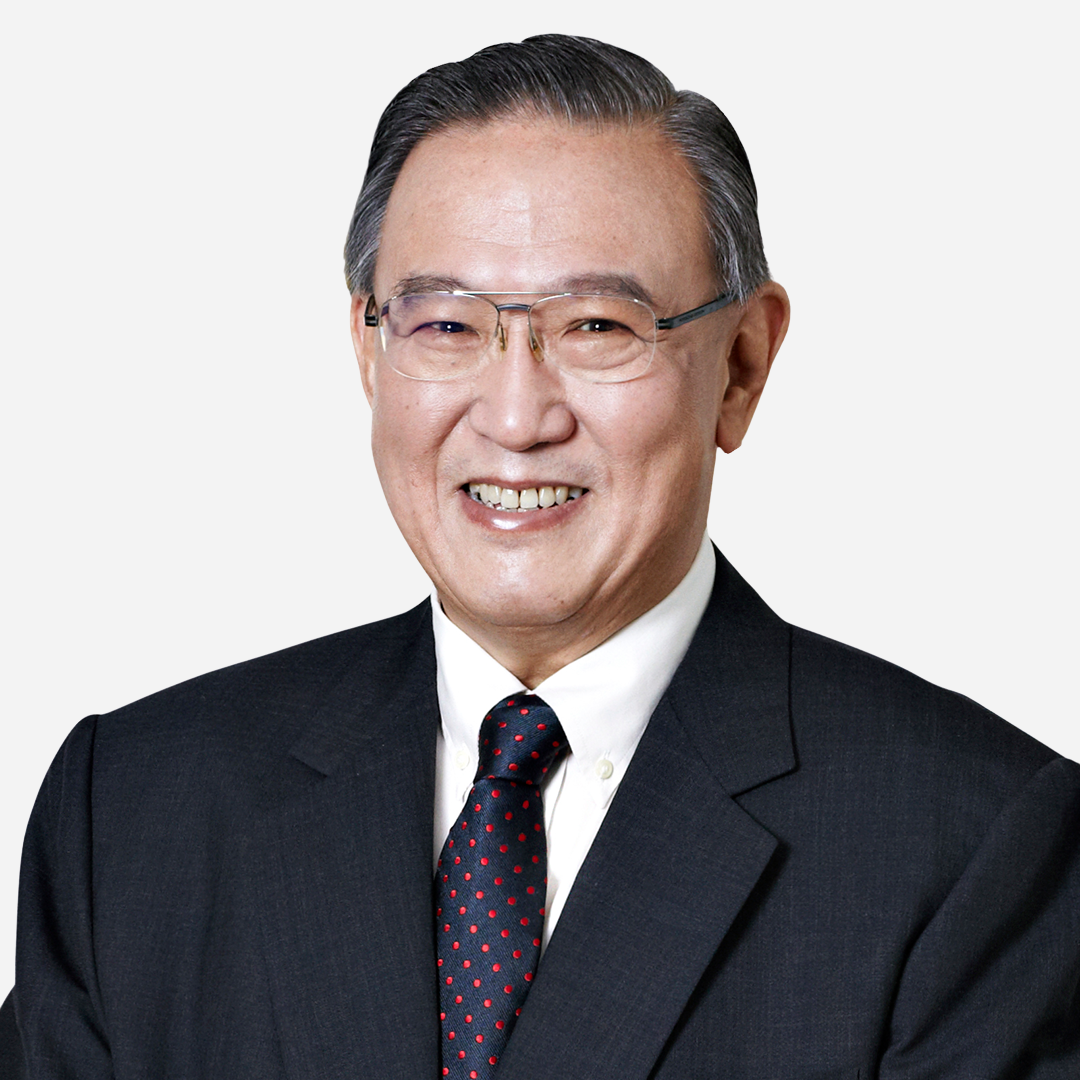
Dr Gerard Ee has served in various organizations spanning over 40 years dealing with disability issues, teens reformation, active ageing and health needs of the elderly.
He was the Chairman for the Board overseeing Toa Payoh Girls’ Home, Boys’ Complex, Changi General Hospital and various Catholic schools.
He is currently the Group Chairman for all the Canossa programmes in Singapore, the Agency for Integrated Care and the Charity Council. He is also serving on the Board of MOH Holdings.
Panel 1: Community and social development in the post-pandemic era
“Safe Uncertainty” in Social Work Practice as COVID-19 Emerges
As COVID-19 emerges, our family and community life is changing in an unprecedented fashion. Safety, in all sense of the word, is paramount. But who can be certain about safety in volatile contexts? Using Barry Mason’s modality of “Safe Uncertainty” and Salvador Minuchin et al’s “The Craft of Family Therapy: Challenging Certainties”, this presentation will explore the way social workers could make a difference for vulnerable families and communities safely in uncertain times.
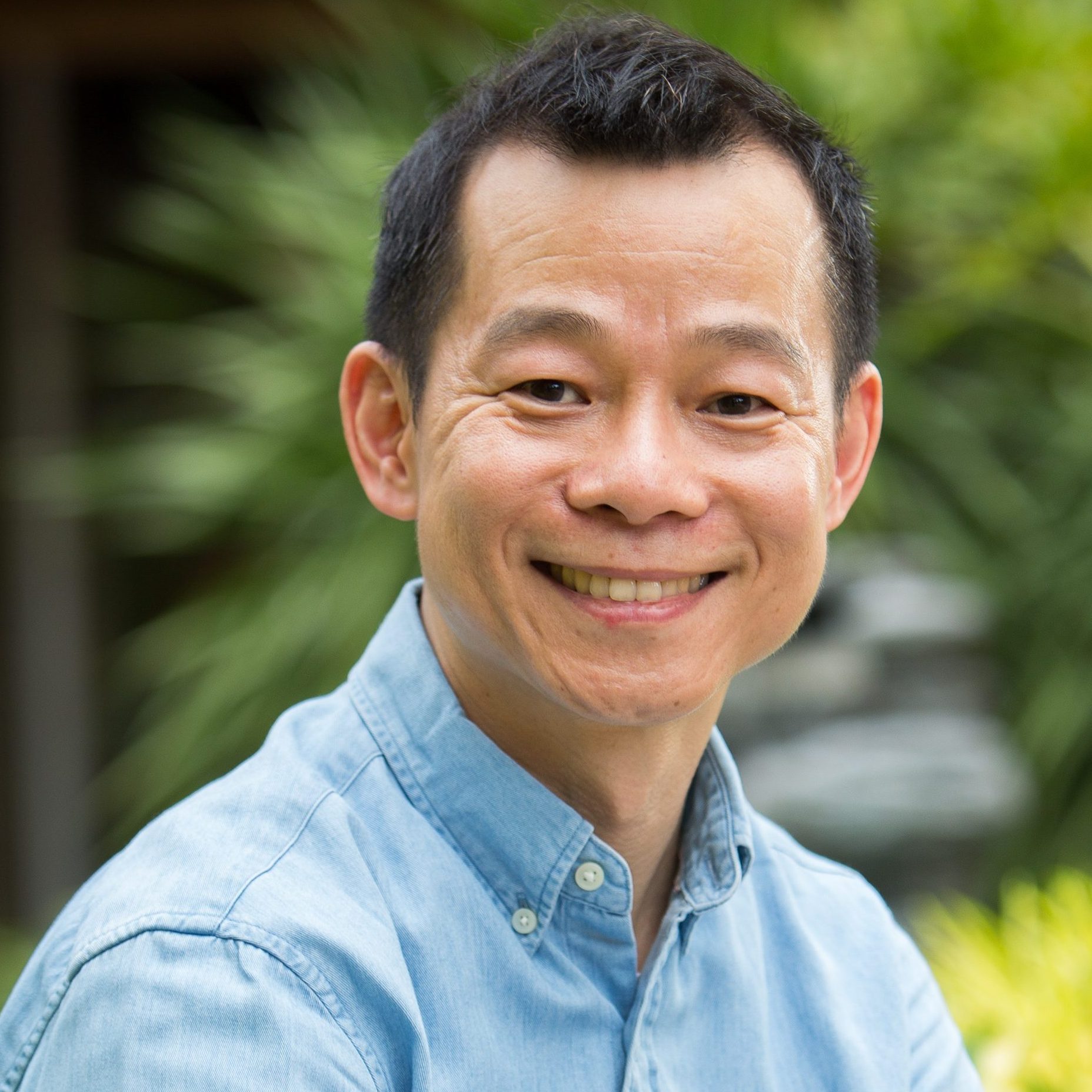
Head of Programme, Master of Counselling,
S R Nathan School of Human Development,
Singapore University of Social Sciences
Associate Professor Timothy Sim has been based in Hong Kong for more than 18 years. He is a leading international scholar in social work practice research, family therapy, and disaster management. After returning to Singapore since the end of 2020, Tim has focused on developing counselling and family therapy training at the Singapore University of Social Sciences. He is committed to supporting practices and services that reach out to families that are experiencing addictions, divorce, incarceration, poverty, and violence.
Meeting Needs in the ‘New’ Normal: Rethinking Social Inclusion and Support for Vulnerable Older Persons
The COVID-19 pandemic has exacerbated the vulnerabilities of older persons in terms of their (i) experiences with social isolation and loneliness, (ii) access to health and social care services and (iii) caregiving needs. This presentation consolidates findings across several qualitative evaluation projects to problematize notions of the family as the ‘first line of support’ and highlight needs of older persons and caregivers during the pandemic. What lessons can be learned and applied, in the way our society supports vulnerable older persons, in the ‘new normal’? What ‘new normal’ standards of care should our society aspire to achieve so vulnerable and socially disadvantaged older persons can thrive and age with dignity and not be left behind?
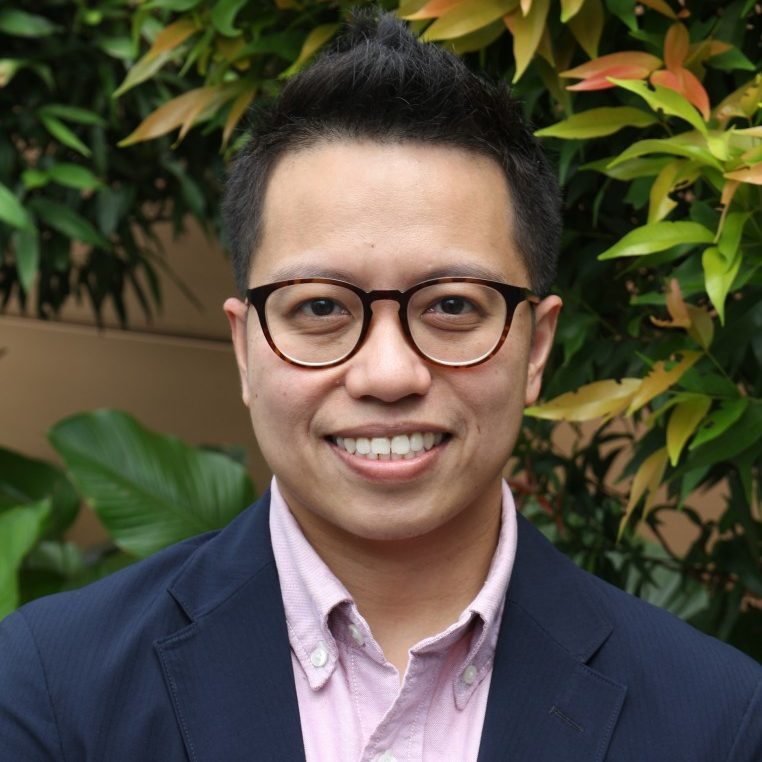
Ad Maulod is a cultural anthropologist and Senior Research Fellow at the Centre for Ageing Research and Education (CARE), Duke-NUS Medical School, Singapore. Ad’s research focuses on translating cultural concepts of health and ageing into effective programme and policy interventions. Ad has conducted several evaluation studies focusing on user experience of health services and the factors that impact quality of care. Ad believes in the empowerment of our elders by amplifying their stories and advocating for an inclusive, compassionate and just society for all-ages.
A Village of Possibilities: A Multitude of Perspectives from 643 Community Hub Experience
The pandemic has shown, all the more, the importance of connected and strengthened communities, in looking out for the community’s collective well-being. Residents, including beneficiaries, were mobilized and co-created care for neighbours who require support. This process of co-creation changes the dynamics between beneficiaries and social service professionals, necessitating mindset shifts towards greater inclusion and power sharing. Guided by the value of inclusion and empowerment, this presentation is a culmination of insights shared by beneficiaries, residents, community workers and management team in creating an enabling environment for community co-creation to happen as a sustainable forward. The sharing will be based on the lessons learnt from the setting up of the new 643 Community Hub in Ang Mo Kio, as a collective effort.
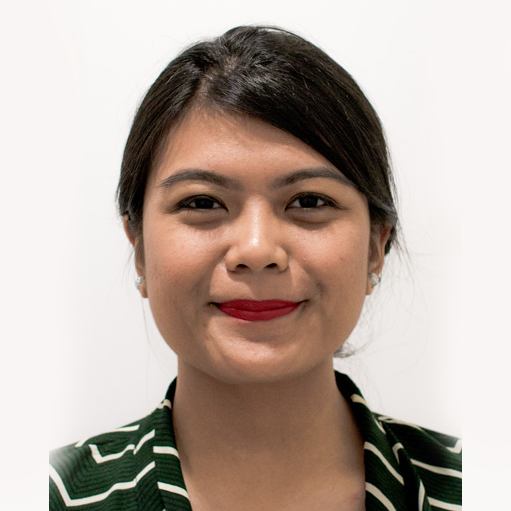
Community Worker,
AMKFSC Community
Services Ltd

Social Worker,
AMKFSC Community
Services Ltd
As an Asset-based Community-driven Development (ABCD) practitioner, Adriana Rasip believes that communities are rich in assets that can be tapped on to come up with their own initiatives or solutions towards their own collective well-being. She is also passionate in creating spaces that engages beneficiaries as citizens, to step forward to contribute and have a voice. Her topics of interest includes poverty, social mobility and social innovation. The future that she envisions for the social service sector is the shift to see 'beneficiaries' as 'potentials' instead of merely as recipients and for assistance to be delivered as 'investments' in their potential.
Pek Yan Zhan is a social worker at Ang Mo Kio Family Service Centre and has been working with children and adults from low-income families. She sees the possibilities of how discovering and highlighting families’ strengths can enable families in recognizing their potential - which can enable them to create different experiences as they continue to work through day to day struggles and challenges. As a practitioner, she believes in the importance to reflect and discuss openly about the use of self in practice in order to effect longer lasting impact for beneficiaries.
Giving Ground to Voices that Matter
Lived experiences and new research findings in the Covid years clearly reveal the gaps that existed pre-Covid have since exacerbated -- wages, employment, food, debt, adequacy of living spaces, children’s participation in learning, and social participation, are factors that have more distinct fault lines. The work ahead is in community informed practices coupled with changes at the system level, so that we can structure a society that is more equal post pandemic. In getting there, professionals have to make space for the voices of those worst hit to be heard. The presentation will explore a few community-based efforts and how these can be replicated for greater impact.

Deputy Executive Director,
Beyond Social Services
Ranga is Deputy Executive Director at Beyond Social Services, which enables public rental housing neighbourhoods to be ‘villages’ that raise their children well. Beyond Social Services is committed to engaging families living in public rental housing so they can exercise their strengths and capabilities in addressing the issues they face. Ranga is a registered social worker, trained in community development, restorative justice and stakeholder engagement. Through Beyond, Ranga gets to engage more people in peace building efforts to create a society that is kinder, fairer and more cooperative.
Moderator: Dr Robyn Tan
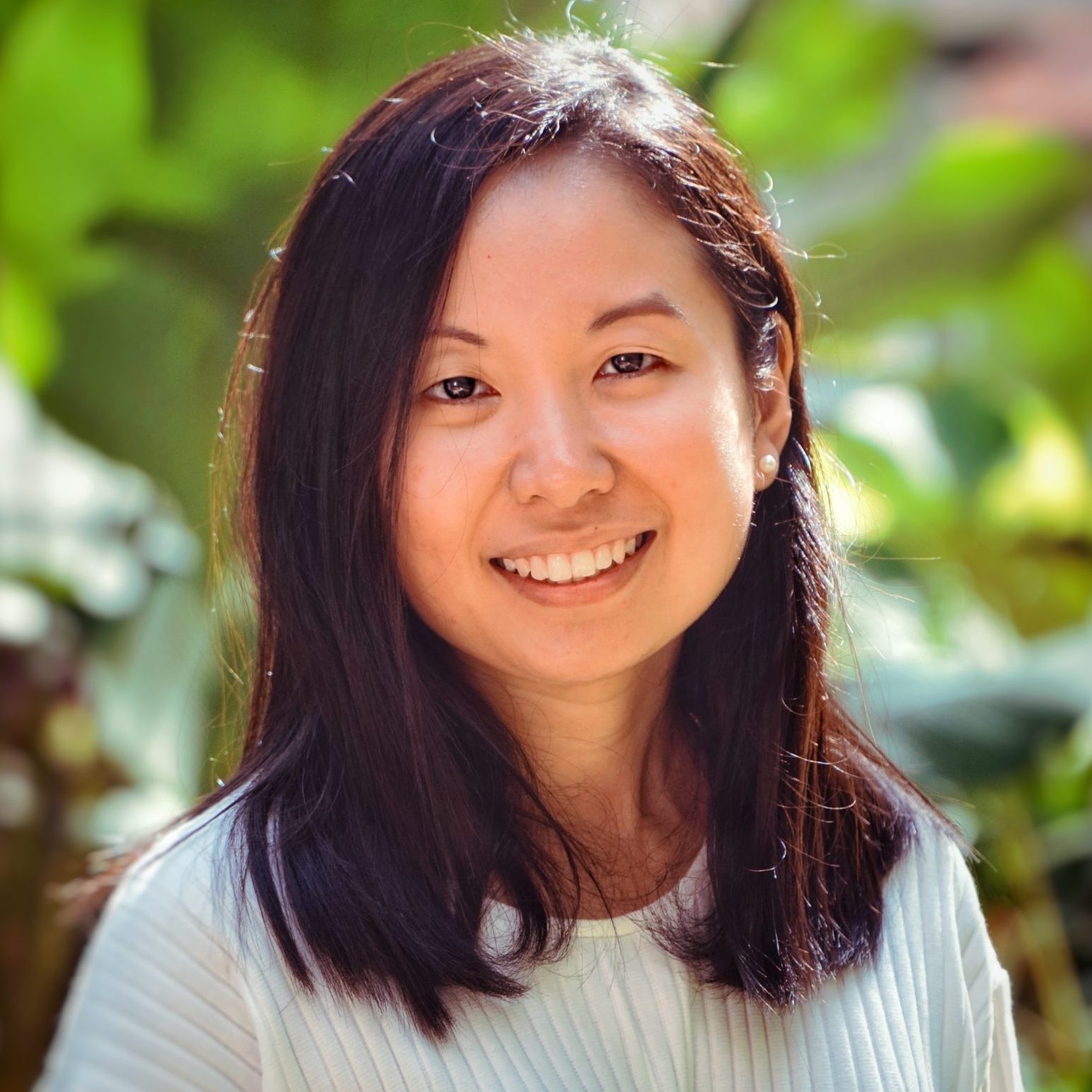
Research Fellow,
Social Service Research Centre,
National University of Singapore
Robyn Tan is a Research Fellow with the Social Service Research Centre. She completed her Ph.D. in Development Policy and Management from the Global Development Institute at the University of Manchester, UK. Her research interests include studying the implementation of policies, programmes and interventions in real world policy and service settings. She has a keen interest in theory-driven evaluation, specifically, applying realist research to understand what works, for whom, and under what conditions. Robyn has a joint appointment with the Department of Social Work at NUS where she teaches advanced research and evaluation. She is an adjunct faculty with the Geriatric Education and Research Institute (GERI).
Panel 2: Mitigating the effects of COVID-19 on the well-being of the youth and elderly
Age Advantages in Mental Health during the COVID-19 Pandemic and the Positive Effects of Adaptability
This study examined the effects of adaptability on mental health during the circuit breaker period (CB).
Between October and November 2020, a door-to-door survey was administered to 602 Singaporean aged 21-89 years. Using the CB as reference, participants completed a depression, anxiety, stress (DAS) scale and other survey items.
Age was associated with significantly lower DAS scores. At all levels of age, those with low adaptability reported higher levels of stress and depression compared to those with high adaptability. However, the effect was stronger for younger adults.
Findings suggest adaptability is important especially for younger adults and may contribute to mental resilience.

Research Fellow,
Geriatric Education &
Research Institute
Chou Chuen is a research fellow at the Geriatric Education and Research Institute. At present, his research focus is on well-being of older adults during the COVID-19 pandemic. He has research interests in advancing end-of-life care. Chou Chuen also teaches research methods and is an adjunct faculty at SUSS, and a clinical practice facilitator at LKC School of Medicine, NTU. Chou Chuen holds a PhD in Psychology and has research experience in both quantitative and qualitative methods.
Gendered Dynamics and Emotional Well-being in the 'Aftermath' of the Pandemic
Over the last almost two years, there has been overwhelming evidence that individuals, communities, and societies are experiencing the pandemic and its effects differentially, unequally, and unjustly, given the deeply ingrained structural inequalities that mark societies. Drawing on ongoing research on COVID-19 and its impact on the everyday life of Singapore residents, we present findings relating to emotional health of women in middle class families in this research. Our data have highlighted that the accumulated experiences of physical Isolation, curtailments on social interaction as well as enforced sociality have been detrimental to women's emotional well-being as shared in their narratives of negotiating everyday lives as mothers, wives, daughters - both homemakers and those holding a second job outside the home. We argue that in general, the aftershocks of the pandemic will reverberate and leave deep footprints. All societal domains, including, healthcare, family life, employment, housing, education, etc, will be recalibrated in a post-pandemic world order. Concerns about the financial costs and economic losses of the pandemic have been expressed by businesses, governments, and economists and acted upon. Far less has been heard and done about the distressing costs of deteriorating and lingering emotional health and well-being of individuals. Societies will need to prioritise and acknowledge continuing anxieties expressed by individuals coming out of pandemic moments and make available concrete systemic support for alleviating their emotional health. Through this emphasis on mental health and its gendered dynamics, we aim to inform social policy as well as call for structural responses to allocate adequate resources and support to those impacted.
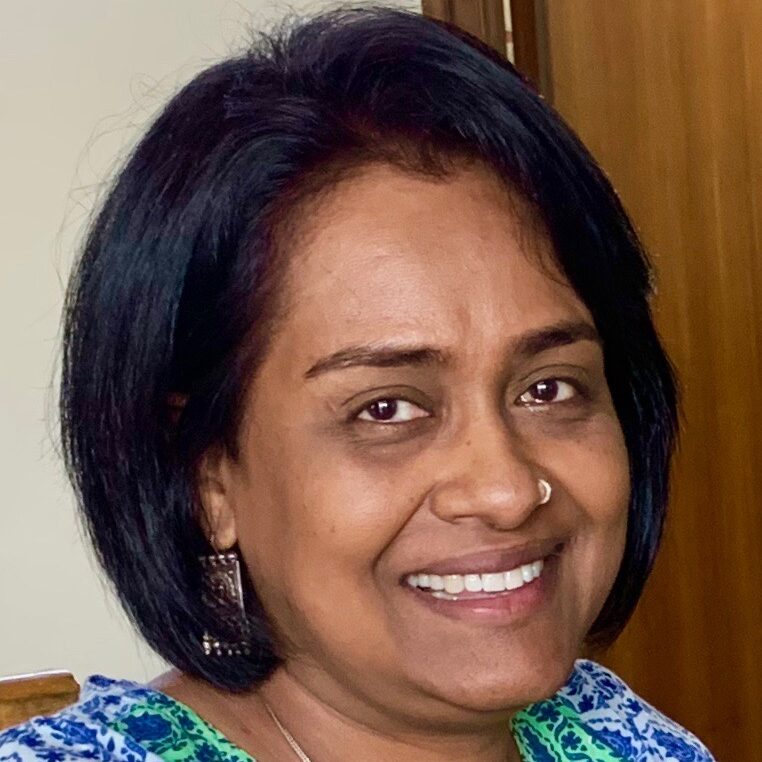
Department of Sociology,
National University of Singapore
Vineeta Sinha is Professor at the Department of Sociology at the National University of Singapore. She holds a Masters in Social Science from the National University of Singapore, and a Masters of Arts degree and a PhD from the Johns Hopkins University. Her research interests include Hindu religiosity in the Diaspora, intersections of religion, commodification and consumption processes, interface of religion and materiality, religion-state encounters in colonial and post-colonial moments, formation of concepts and categories in the social sciences, Eurocentric and Androcentric critique of classical sociological theory, pedagogy and innovating alternative teaching practices.
"I came out of it more resilient" versus "I don't know who I am anymore": Contrasting Pandemic Impact on Youth Psychological Well-being, Future Aspirations, and Civic Engagement
Given school disruptions, circumscribed employment opportunities, and limited familial, peer, and social interactions, COVID-19 has adversely affected Singaporean youths. However, the pandemic's impact on youth psychological well-being, future aspirations, and civic engagement is likely to vary by the extent of their socio-economic disadvantage and demographic marginalisation. Using an explanatory sequential mixed-methods design - involving an online survey (n = 552) and focus group discussions (n = 96) - the study identifies youths who were the most and least affected and presents supporting narratives of their lived experiences. Findings emphasise how existing inequalities have been exacerbated and the value of youth-centred perspectives in post-COVID-19 Singapore.
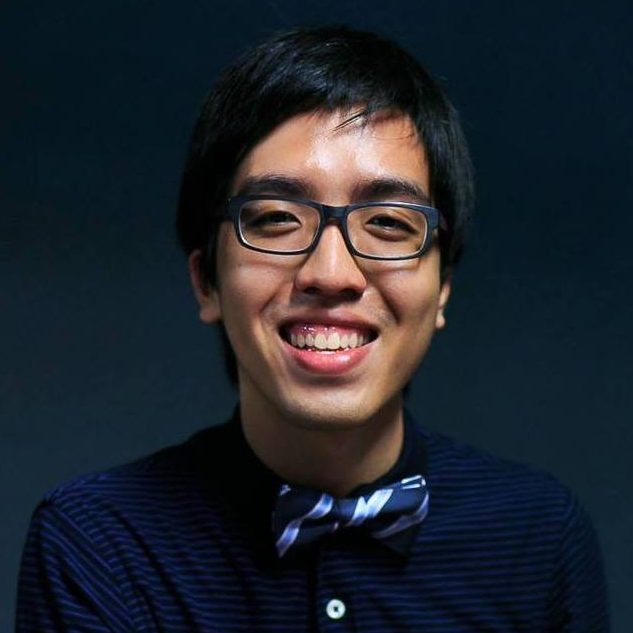
Postdoctoral Fellow,
University of Denver
Dr Kwan Jin Yao is a social work postdoctoral fellow at the Graduate School of Social Work, University of Denver. His work broadly focuses on the positive development and well-being of adolescents and young adults, especially those from low-income and marginalised families. In particular, Jin Yao examines the familial and community relationships to which they have access. Another research interest of his includes youth civic engagement, which he studies using the positive youth development framework.
#phasingCOVID19 with Youths and Young Adults: CHAT’s Journey
The onset of COVID-19 pandemic has created sudden disruptions to the routine of living and coping for people from all walks of life, including youths and young adults. Join CHAT as we share insights from our experience in redesigning mental health support to youths and young adults during the pandemic.
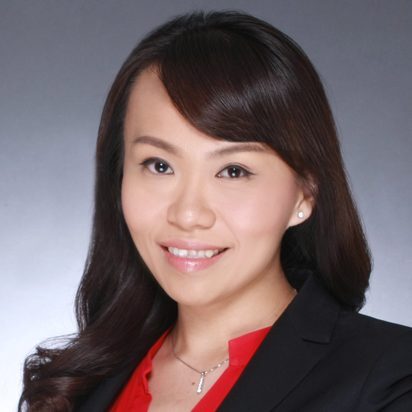
Principal Case Manager/
CHAT Programme Lead,
Institute of Mental Health
A Master Solution-Focused Practitioner certified by the International Alliance of Solution-Focused Teaching Institutes (IASTI) and an Associate Certified Coach with the International Coach Federation (ICF), Yi Ping is a mental healthcare professional with 15 years of clinical experience in supporting the recovery of youths, young adults and their families, whose lives have been interrupted by psychosis, mood and anxiety disorders. Her efforts in capability building as a trainer, facilitator and supervisor is well recognized in Singapore’s youth mental health landscape.
Moderator: Ms Anthea Ong

Former Nominated
Member of Parliament and
Social Entrepreneur
(SG Mental Health Matters,
Hush TeaBar, A Good Space,
Welcome in My Backyard)
Anthea Ong was a Nominated Member of Parliament for the 13th Parliament of Singapore. She championed on behalf of youth activists and sex workers, proposed a national suicide prevention strategy, conducted a public consultation on the mental health landscape, made recommendations for closing our digital divide and advocated for greater work injury compensation and other forms of support for migrant workers.
She is also a full-time social entrepreneur and advocate, having founded and co-created several ground-up initiatives/impact businesses, including SG Mental Health Matters, WorkWell Leaders, Welcome in My Backyard, Hush TeaBar, and A Good Space.
Panel 3: Digital inclusion in COVID-19 times and beyond
Understanding the Digital Gaps in Rental Communities & Inclusion Efforts
COVID-19 propelled the need to look at and respond to the enlarged digital inequality, especially for the lowest income in Singapore. A profiling survey with 3,000 rental households was conducted by SCC to understand the digital gaps amongst the lower income communities and their challenges to adopt digital inclusion. This led to digital initiatives formed not only to enable and closing some gaps but sought to discover and leverage assets and strengths present in the rental communities towards harnessing a community digital uplift and effecting positive digital adoption and exchange in communities. I will share briefly about the gaps present during COVID-19 through the survey findings and initiatives that started as a result.
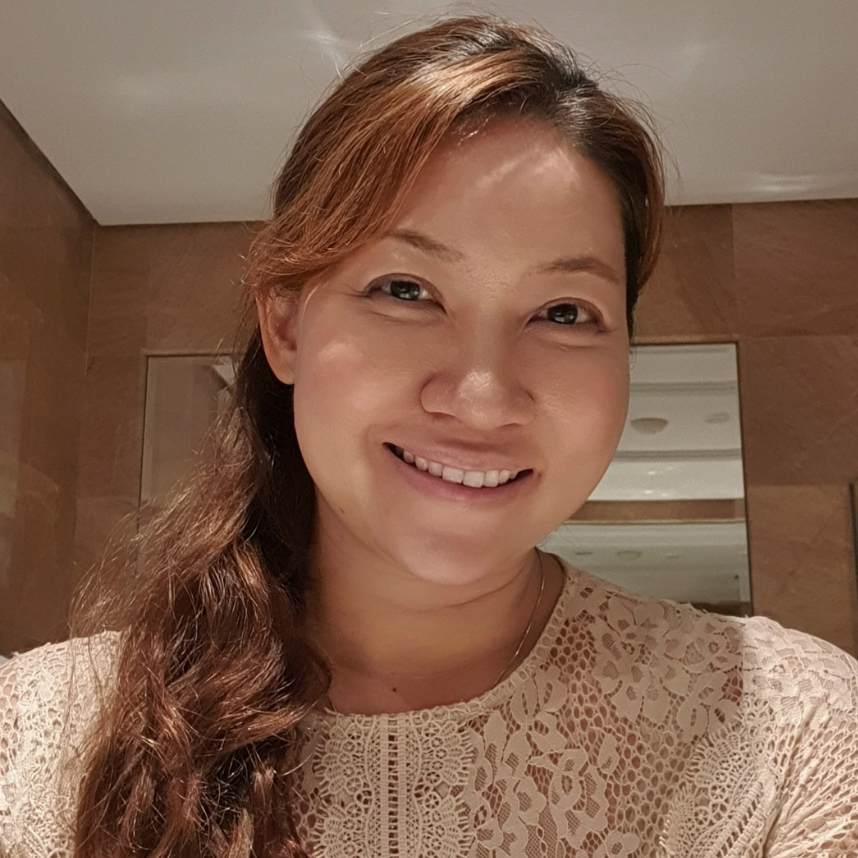
Executive Director,
South Central Community
Family Service Centre
Ruth graduated from NUS in Social Work and Mathematics with a Postgraduate Diploma in Clinical Supervision. Despite 19 years of practising social work, her focus over the last 4 years has been around poverty transformation in the neighbourhoods, including social work and Asset-Based Community Development (ABCD) work in building empowered communities and harness the kampung spirit needed. Apart from actively contributing towards the mindset change of how those living in relative poverty in Singapore are viewed, she hopes to effect meaningful change in the way social and community work are being carried out through the humility of unlearning and learning for meaningful dignified change to occur from a more grounds-up perspective.
Universal Digital Access and Youth Gaming Addiction
Although it is undeniable that digital access is indispensable in our lives, a proposition for universal digital access to close the digital divide by Socio-Economic Status (SES) often faces various concerns from the public, one of which is youth gaming addiction. Would universal digital access likely cause higher gaming addiction to youth from families with low income? In this presentation, I discuss the relationships among SES, Internet access and gaming addiction as well as scientific evidence on eco-systemic factors of gaming addiction to weigh the potential impact of universal digital access on youth gaming addiction in families with low income.

Department of Social Work,
National University of Singapore
Choo Hyekyung is Associate Professor at the Department of Social Work, National University of Singapore (NUS). She has been conducting extensive research and published on adolescent health risk behaviours and cyber-wellness issues, particularly Internet Gaming Disorder as well as social support systems and service use among immigrant or transnational families with low income and their children.
Digital Readiness in the Midst of a Pandemic
Digitally Ready Families (DRF) is a digital-readiness programme that aims to provide low-income families with essential digital life skills. It was created by TOUCH Community Services to address digital gaps and empower low-income families with skills to navigate the digital space. This programme was critical in helping TOUCH clients navigate the new demands of the online platforms during the circuit breakers and throughout the pandemic. Through DRF, families go through workshops for both parents and children, equipping them with skills to use basic digital platforms and access to cyber wellness resources to better manage their use of digital platforms.

Senior Director,
TOUCH Integrated Family
Group Impact & Research,
TOUCH Community Services
Anita is a Senior Director with TOUCH Community Services and she oversees the TOUCH Integrated Family Group that aims to provide resources and support to Singapore families. She is a member of the Media Literacy Council, and also co-chairs the Youth Alliance for Mental Health, under the NCSS. Anita’s interest lies in development of cutting-edge programmes in mental health, cyber wellness, and helping families cope with different stressors. In 2020, Anita was appointed as a Social Service Fellow in recognition of her contributions to the social service sector.
Now What? Sustaining Digital Adoption for Digital Equality
COVID-19 has hastened digital inclusion. After the flurry to donate laptops and dongles to needy families, and teach elderly to use digital applications, digital inclusion has greatly improved. However, digital inclusion does not necessarily narrow digital inequality. I will share about the remaining and ongoing challenges ahead to sustain digital adoption and achieve digital equality.

Principal Investigator, IWP,
Associate Professor,
Department of Social Work, and
Steering Committee Chair,
Social Service Research Centre, NUS
A/P Irene Ng holds a joint Ph.D. in Social Work and Economics from the University of Michigan. Her research areas include poverty and inequality, intergenerational mobility, and social welfare policy. Her research projects include a study of in-work poverty among the young; National Youth Surveys 2010, 2013, 2016 and 2019; a study of low-income households with debt; and the development of universal digital access. She serves or has served in committees in MSF, NCSS, MOM, and various social service agencies.
Moderator: Mrs Anita Low-Lim (**Moderator has been changed due to unforeseen circumstances as of 11 March 2022)
